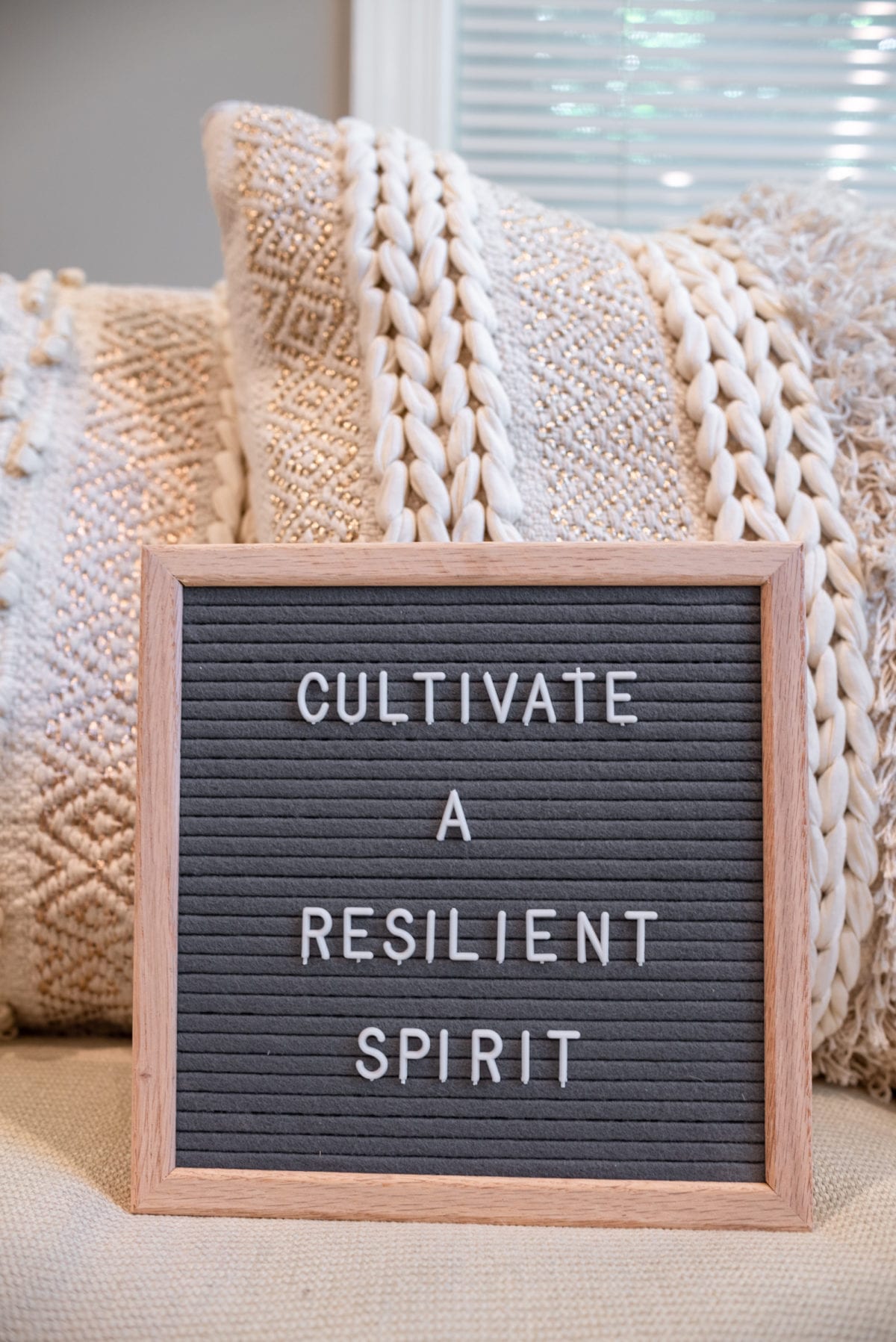Having friends to vent to about personal issues and dramas is such a life necessity. It feels good getting it all out on the table but it also feels good to give advice to your friend who is venting. However, do we really have the tools as a friend to solve our friend’s personal problems? Sure we can all commiserate over Happy Hour that Chad was a HORRIBLE choice of guys to date (sorry Chad) but when do we need to acknowledge that we need to talk our problems over with a licensed professional versus wine fueled friend advice? My friend Erin Simone, who is a licensed professional counselor, weighs in on this topic today to help educate you on how to know when to see a therapist and why a friend is not a therapist.
First things first: Who is a candidate for seeing a therapist?
- Anyone who could benefit from an objective perspective about their life
- Someone who feels overwhelmed and is worried about being a burden to their friends
- Anyone who can benefit from different/better coping skills for anxiety, depression, fear, lack of motivation, poor self-esteem, unhealthy boundaries, and self-care, etc.
- Anyone going through any time of transition. Transitions mean change and change = stress.
When does a person know when to see a therapist?
Most people wait until a minor problem has gotten out of control before they seek professional help and support. It is better to go and ease into therapy while things are relatively manageable as opposed to making the first call in crisis-mode.
How does a typical therapy session go?
- This depends on the type of therapy and the individual therapist. In my office, the initial session is the get- to- know- you session: What is bringing you in? A brief history of your upbringing (it may take more than one session). What have you used to cope until this point? The first session also entails going over paperwork and policies.
Can you explain why a friend doesn’t replace a therapist?
A friend might be there to offer love, support, advice, and comfort, but that typically comes from a biased perspective. A friend might make a suggestion based on what is in the best interest of you AND them. They might give advice based on their emotional past. A friend gets emotionally invested which can cloud what the most helpful plan for you might actually be. Friends insert opinions.
Friends insert opinions.
A therapist is coming from a nonjudgmental, unbiased, objective stance that is only focused on you and what is best for you. A therapist’s job is to meet you where you are in your emotional journey and help you explore what you think you need to do to achieve your goals. A therapist offers a safe place for connection and validation to promote long-term healing. We heal when we feel seen and heard. A therapist is also professionally trained to offer new approaches to coping more effectively. The boundary of the therapeutic relationship means the client can trust the therapist is being honest, objective, and only offering help that has the client’s best interest in mind.
Will therapy replace my need for friendships?
Therapy will promote more positive and healthy friendships. Having a space to process your heavy emotions and thoughts allows for you to be more balanced and authentic with your friends. When we are worried about being a burden, we hold back in our friendships. If you have a place to share your fears, hopes, worries, and desires, your concern about being “too much” is eased with your friends.
How can we be better friends to people who use our quality time together as free therapy sessions without overstepping the boundaries of our friend wanting to “vent”?
Notice what causes resentment in your relationships. If you have the emotional capacity to listen to your bestie vent about work, relationships, family drama, etc, then say that. If you are stressed out and overwhelmed with your own stuff and would feel resentful toward a friend if you offer to listen, then let them know that.
A possible way to tell your friend you can’t be their personal venting board is: “This isn’t a good time for me. I won’t be able to offer you the love and support that you need right now. Can it wait until later? I don’t want to resent you because you are really important to me.”
If you have a friend who uses your “friend time” as a free therapy session, how can you suggest to him/her that they should consider seeking a therapist?
Remember that if you are feeling the need to make this suggestion, it is because you are concerned. People may react negatively thinking you don’t “feel like dealing with them” or that they are “too much,” but the reality is that you love them and want them to be OK.
but the reality is that you love them and want them to be OK.
Realizing when someone is in need of more than just some comfort from a friend can be overwhelming. It is just like anything else. Fixing a car, treating the flu, or navigating your taxes. If we try to do it ourselves, we can make the problem worse. Notice when there is a need for a professional, and let them do their job. Normalizing this with a friend can help ease the reaction. They aren’t “crazy.” It’s just that you aren’t a “professional.”
Where can you find a reliable therapist?
- A great starting place is PsychologyToday.com. You can also ask your Primary Care Physician, OB/GYN, friend, colleague, etc.
- Read through some bios. Notice what resonates or that you connect with.
- Shop around. If you don’t like a therapist for some reason, try someone else. Trusting a therapist and feeling comfortable with them is going to ensure for the best therapeutic work.
- Make sure you are mindful of the path of resistance for not going to therapy (i.e. distance/location, cost, availability). If its someone that is an hour away, who is only available on Tuesdays mornings, and that you can only financially afford once a month, that is not ideal for effective therapy.
How do you know you’re making progress for yourself with a therapist?
This is going to depend on how mindful and self-aware you were before you began. It is difficult for us to slow down and realize the side effects of stress on us day-to-day.
Also, being aware that things may get worse before they get better when you begin your therapy.
You are going to be encouraged to talk about things that are uncomfortable and difficult.
That is how we slowly “untangle the necklace.” One knot at a time. Again, if you weren’t aware of how tangled up your “necklace” is, you may feel overwhelmed once some things come into our awareness.
Be gentle with yourself. Practice self-compassion. It is a process.
You get a TON of credit for seeking therapy and investing in yourself emotionally.
Brief Bio:

I am a psychotherapist who practices in Alpharetta and Buckhead. I am passionate about helping individuals with anxiety, motivation issues, self-esteem, relationship issues, assertiveness, self-care, seeking personal and professional fulfillment, and setting/maintaining boundaries. I love what I do and I am grateful I get to join people in their journey every day. I also have experience with DBT which includes behavioral coping skills that I sprinkle into my work with clients.
I try to practice self-compassion which is another word for balance. Self-compassion when I need to take a day off instead of pushing through. Self-compassion when I need to swing through the drive-through instead of cooking a nourishing meal. Self-compassion when I don’t meet people’s expectations because I’m trying to do too much. Self-compassion when I am cranky and insensitive to the people I love because I’m human.
If you have any questions or think you could benefit from working with me, here’s how you can contact me:
678-720-8152
Follow me at @erinsimonelpc or Facebook.com/erinsimonelpc for more self-care tips.







